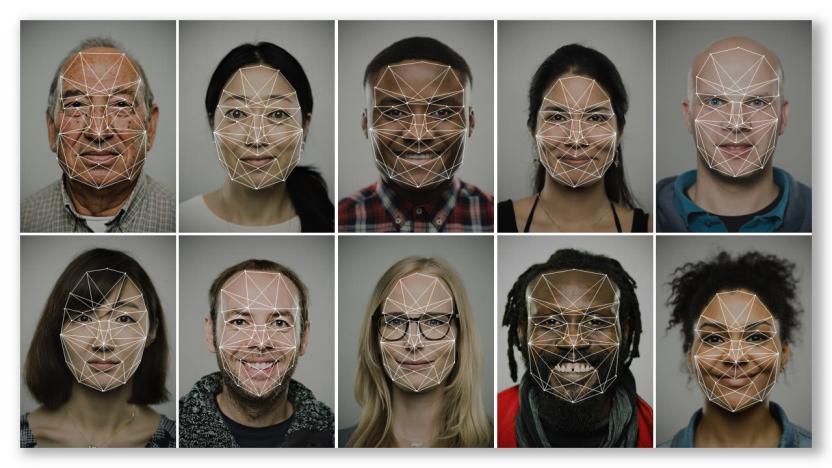principles
Latest

Facebook, Google and others adopt guidelines intended to fight child abuse
Today, the Department of Justice (DOJ) and Homeland Security -- along with government counterparts in Australia, Canada, New Zealand and the United Kingdom -- published guidelines to help the tech industry fight online child exploitation. The principles were developed "in consultation" with Facebook, Google, Microsoft, Roblox, Snap and Twitter, after all six companies agreed to tackling the online child sexual abuse epidemic.

Microsoft details principles that guide its facial recognition work
In July, Microsoft President Brad Smith published a blog post discussing some of the challenges and risks surrounding facial recognition technology and how his company plans to address them. He said Microsoft was working on developing a set of guiding principles to direct the development of its own technology and this week, he shared what those principles are. In a new blog post, Smith described six principles that he says will govern Microsoft's work while it continues to advocate for legislation that will more concretely guide this technology as a whole.

Choose My Adventure: My tale in the desert begins
Last week's Choose My Adventure poll was a real nail-biter! There were four games that were all within a few votes of each other. In the end, the winner by five votes was A Tale in the Desert, and I'm thrilled to be able to write about this game for my turn at CMA. As much as I like elves and orcs, I'm ready for obelisks, pyramids, and plenty of sand. I created my character over the weekend and began my path to citizenship. Did I make it through, or did flax farming get the better of me? Help me plan my course!

Tim Berners-Lee entreats us to keep the net neutral, standards open, and speech free
We've always thought pretty highly of this Tim Berners-Lee fella, and now we've got a whole essay penned by him to show you why that is. In a six-page treatise on the current state of the web, Tim discusses why universality of access is so important to our freedom of speech and other democratic liberties, why open standards will always prevail over closed ecosystems (with a special critique of Apple's iTunes and concordant appification of the web), and also why it's necessary to distinguish between the web and the internet. Oh, and he also manages to squeeze in one of the most succinct explanations of net neutrality and its growing importance in our massively interconnected world. Hit the source for the full shot of enlightenment. [Image courtesy of Paul Clarke]

iPod touch fee could go bye-bye
Chris Foresman over at Ars Technica has an interesting pronouncement: A rule governed by the Financial Accounting Standards Board, that's been heavily lobbied for by Apple and other electronics companies, may be enough to lift the charge that iPod touch owners have had to pay for updates of significant features to their devices. It's complicated, but it all has to do with "subscription accounting" -- devices that gain "significant new functionality" after their sale, like the iPhone, have to be reported over a series of years rather than all at the same time (presumably because the revenues associated with the product were the result of a series of updates, not just one lump sum). For the iPhone, it's fine -- they have subscription charges associated with them over two years anyway. But the iPod touch is different -- because Apple doesn't want to report the sales of those devices over a period of time, they've had to charge minimum fees for updates -- the $10 (and more recently, $5) that iPod touch owners have paid for the firmware updates. But if the new rule goes in (it still requires FASB approval), then Apple would be able to report sales of the iPod touch all together without having to worry about charging for updates, as well as the dual GAAP and non-GAAP reporting we've heard on their conference calls. Plus, as Foresman says, it would help Apple's stock price (seeing all of the iPhone's sales at once would boost investor confidence), and it would help developers who are asking all users of both the iPhone and iPod touch to update right away -- they wouldn't have to wait for iPod touch owners to find a few bucks in their couch. With the weight of Apple behind this one, we can probably expect to see the rule approved (even if they have to make some concessions). And so while iPod touch owners will probably have to still keep waiting for a camera, they at least won't have to pay for more software updates.


